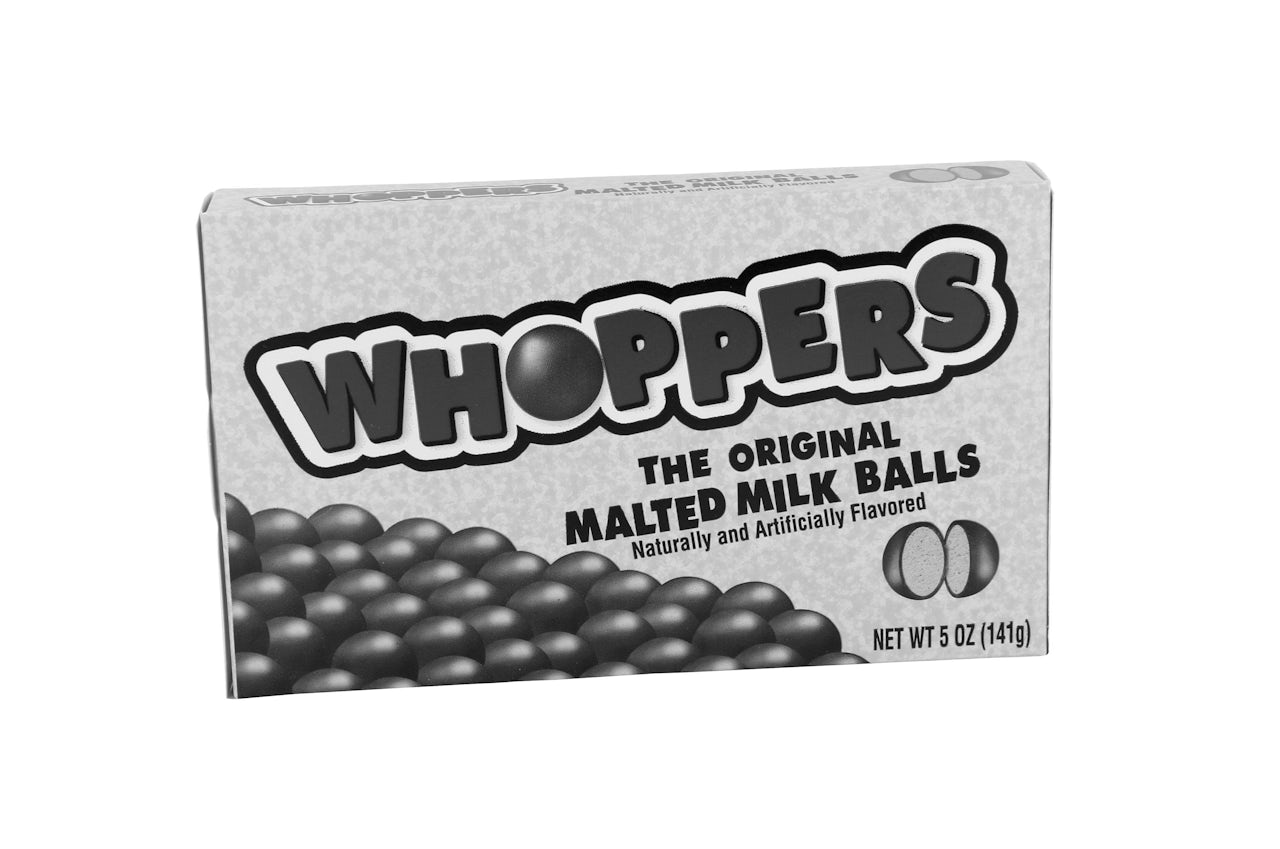Some words, in their overuse, lose their power and become meaningless. “Awesome,” once reserved as a descriptor for only the most extraordinary subjects, is now uttered in the same tone one uses to order a sandwich. Its cousin “awful” and the much-bemoaned “literally” have seen similar changes. One recent and tragic example is “lit,” destroyed by uncool squares using it to describe everything from run-of-the-mill get togethers to the downfall of America.
Another once-specific word currently being beaten into tepidity is the news media-favorite “slam.” Every day, headlines make it seem like everyone is slamming someone or getting slammed themselves. And, according to Google Trends, “slams” and “slammed” have indeed been enjoying increased popularity over the past decade or so. So far this month, Trump has “slammed” Germany, John Kerry “slammed” Trump, Novak Djokovic “slammed” the crowd at Wimbledon, and Lufthansa “slammed” Ryanair — to name just a few of many, many examples. But further investigation reveals that many remarks being labeled slams are not slams at all.
A slam is an eviscerating, earth-scorching example of criticism that leaves no possibility for reconciliation later. Like the basketball move that adopted its name, a slam is just as much about show as it is about impact, a comment whose fierceness and emotion makes witnesses as shocked as they are impressed. Remy Ma’s “Sheether”? That was a slam. Maxine Waters calling Fox News a “sexual harassment enterprise”? That was a slam. Vince Staples calling R. Kelly a “child molester” and a “piece of fucking shit”? A 100 percent, no lies detected slam.
I apologize to Miss Montag if my words were taken and used against her in the press I did not Slam her or her surgeries for the record.
— lisa rinna (@lisarinna) February 18, 2010
While I appreciate the support, I did not “slam”....or “clap back”, I simply stated “don’t touch my hair”.
— solange knowles (@solangeknowles) October 23, 2017
Sorry USA Today, but Chrissy Teigen posting a joke Instagram referencing her “naked breastfeeding pic haters” is decidedly not a slam. (I think we can all agree it was more of a mock.) Nor, Eurosport, is Serena Williams’ recent statement regarding tennis officials’ overtesting her, in which she called the disproportionate focus on her “invasive and targeted,” a slam. (Rather, I’d call that an understandably critical but measured response to upsetting news.) Contrastingly, Us Weekly, Sarah Palin’s calling Sacha Baron Cohen a “proven liar” after she admitted the comedian had fooled her into an interview is not a slam. It’s just a series of words that slipped out of her dumb mouth one day.
None of this is to say that any overuse of slams is a problem. “Slams” and “slam” are evocative words that are satisfying to say. And when it comes to sports — slam dunks, summer slams, grand slams, poetry slams for the word athletes out there — the word “slam” has a cozy safe space in which it can be used incessantly. Also: the world of weather reports, in which hurricanes, blizzards, rain storms, and tornadoes are the ones doing the slamming. Nothing provides life-altering impact quite like our dear, dying planet.
But when it comes to news and headlines and the ways specificity is sacrificed for convenience, it’s worthwhile to approach the deluge of “slam” headlines with the same eye one employs when watching reality shows and over-the-top network dramas. It’s all about courting our love of sensation; nobody is really getting hurt.

